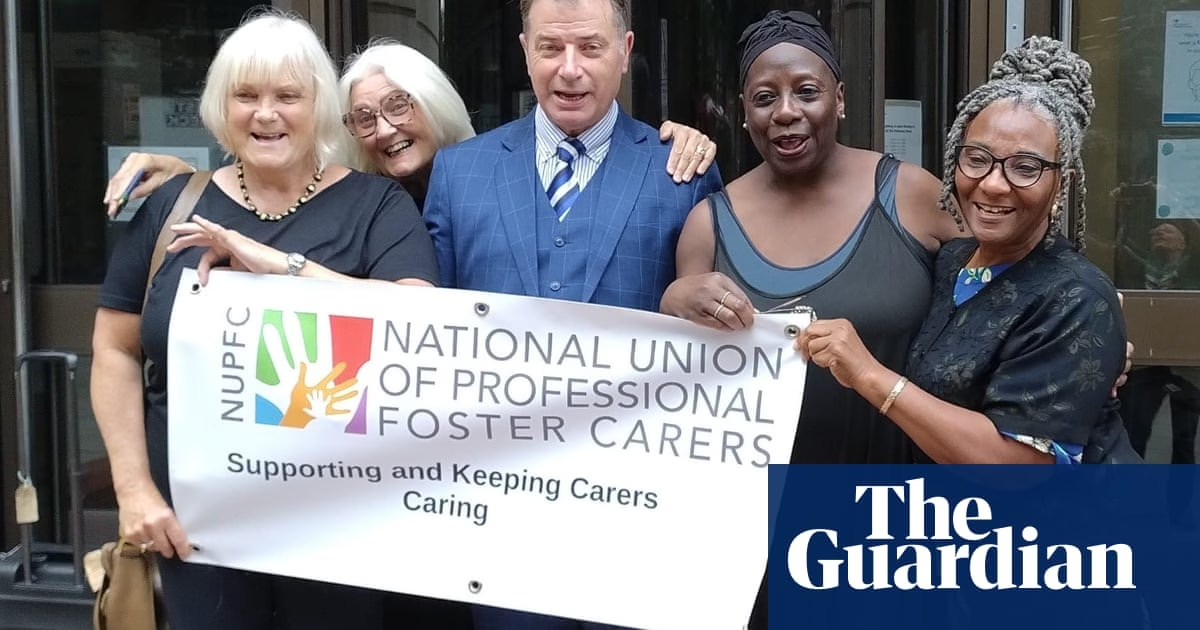In the early hours of her day, Louise sets the stage with preparing children’s breakfast and readying them for school. Drop-off complete, she dives into a series of meetings, training sessions, and a never-ending stack of paperwork. Louise also stands by to address any issues that arise, which often involve collecting a child from school. Her responsibilities extend beyond the usual parenting duties, including medical and dental appointments, clothing purchases, organizing therapeutic support, and managing communications with the children’s birth parents.
For Louise, and many foster carers across the country, the issue is not in the importance of their roles but their lack of recognition as workers. They go without annual leave, sick pay, or job security, often facing consequences for merely voicing concerns.
“It’s a 24-hour job,” Louise observes, 14 years into her role as a foster carer. She recounts experiences ranging from hospital visits to dealing with sleep disorders among the children under her care.
Despite the dedication and the breadth of responsibilities, foster carers are often seen as anything but workers. Esme, a foster carer, along with her husband, calculates their earnings at just 80p per hour. The lack of rights and protections has led many to rely on universal credit to make ends meet.
The lack of appropriate compensation and recognition is a sore point for foster carers. The fear of having children taken away for raising concerns adds to the pressure. There’s a growing sentiment against the increasing role of private equity in the sector, with nearly a quarter of foster placements in England now provided by profit-making companies. This shift is seen as squeezing the carers while these agencies cash in.
In January, a landmark legal case awarded foster carers the right to bring claims of discrimination and whistleblowing to an employment tribunal. The fight for full employment rights is now being taken to the supreme court.
The situation’s desperation is highlighted by the dwindling number of foster carers in England, now at a 10-year low. This decline is attributed not only to financial reasons but also the lack of respect and absence of rights to protect them.
Campaigns are underway to establish a bill of rights for foster carers, aiming for an independent central registration body to uphold professional standards and prevent the misuse of power by employers. The call is for independent support and a fair compensation system that doesn’t leave carers on a financial cliff-edge.
The recognition of foster carers as professionals is critical. They provide comprehensive care often in the nature of running minor mental health units out of their homes, caring for thecountry’s most traumatized children. Yet, they do so with little support or power, often ending up vulnerable themselves. The plea is for change, for respect, and for the dignity and rights that come with any professional job.
Source: https://www.theguardian.com/society/2025/jul/07/foster-carers-employment-rights-uk-supreme-court







